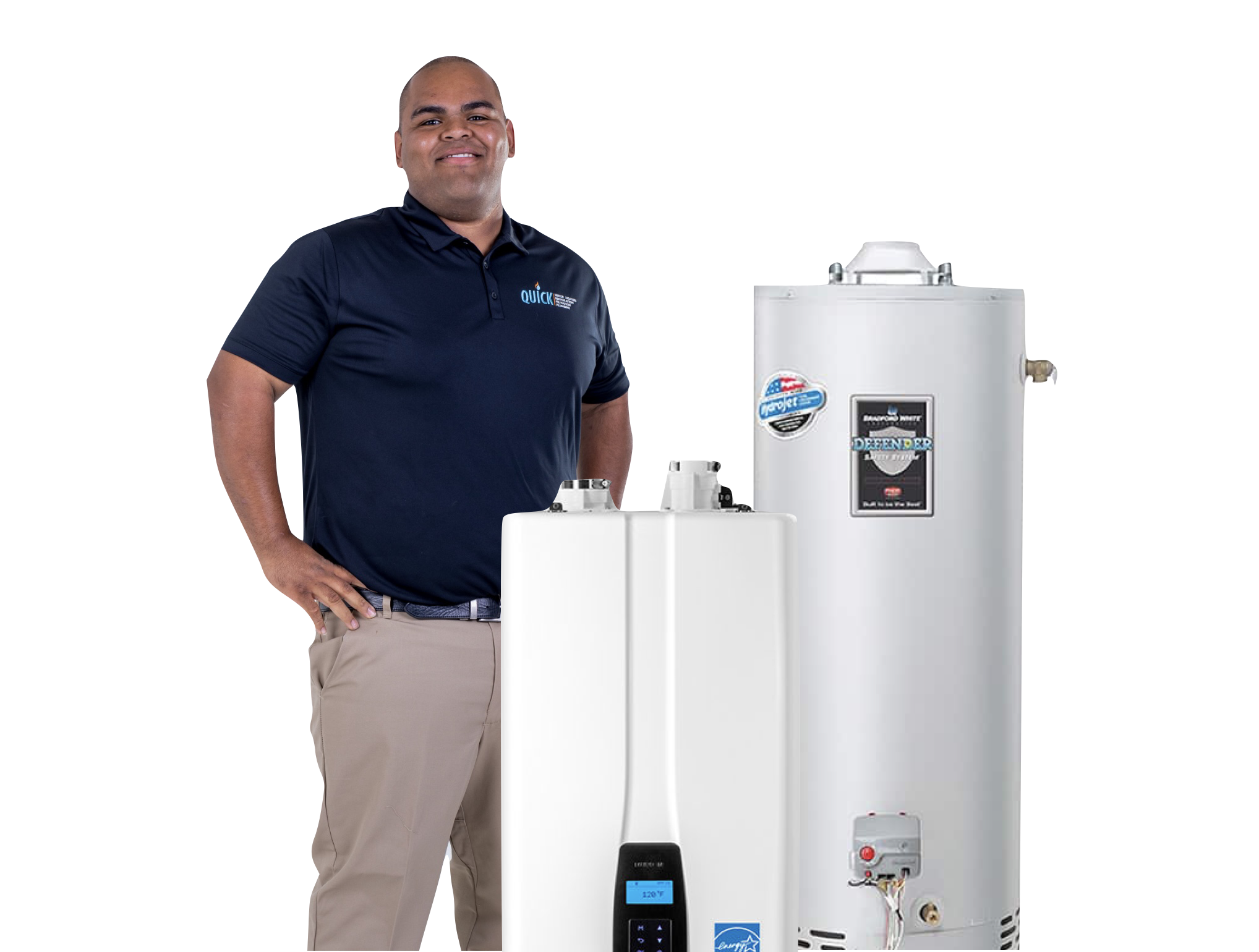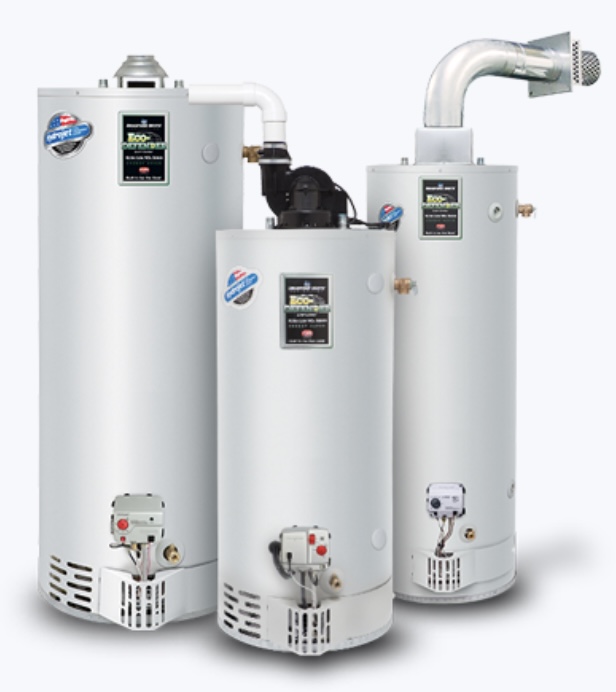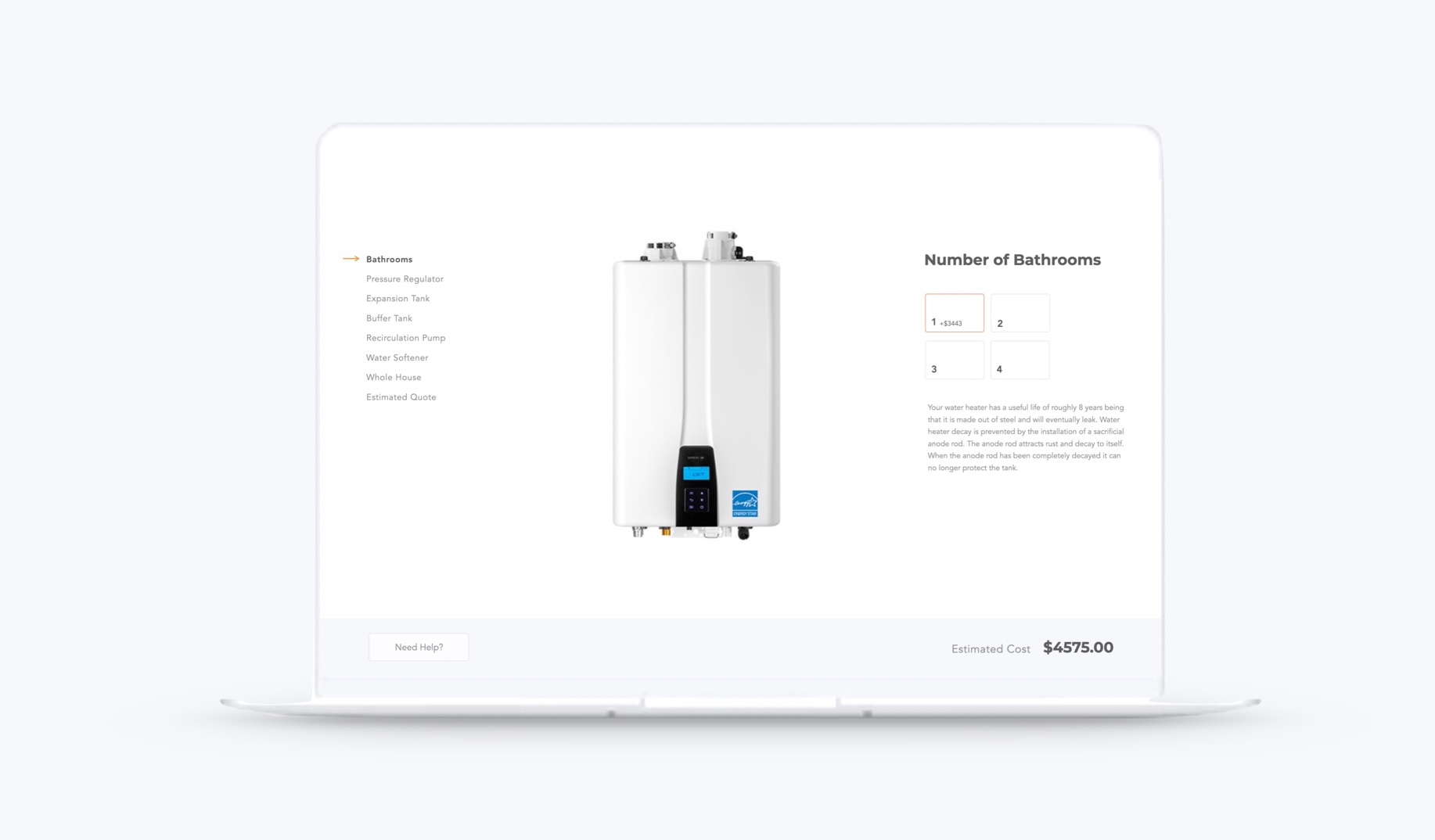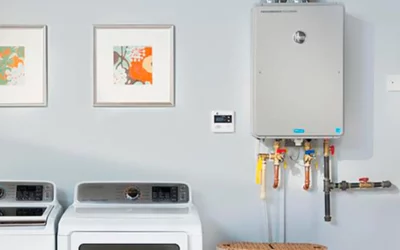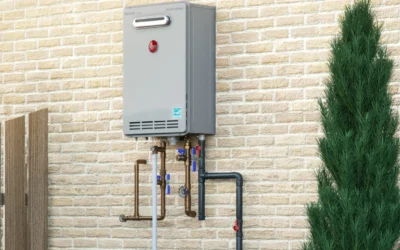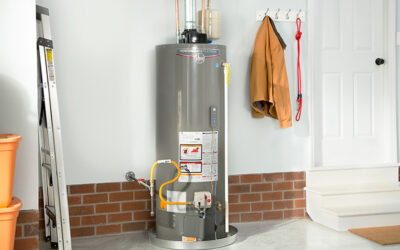Water heater gas leak repair is a crucial service that addresses potential dangers and ensures the safe operation of your water heater. Gas leaks in water heaters can lead to hazardous situations, including fire, explosions, and health risks from carbon monoxide exposure. It is important to promptly repair any gas leaks in your water heater to prevent these risks and maintain the efficient functioning of your appliance. Professional technicians follow specific steps to identify and repair the source of the gas leak, ensuring that your water heater operates safely and effectively.
Signs of a Gas Leak in a Water Heater
There are several signs that indicate the presence of a gas leak in a water heater, which should be addressed promptly to ensure safety and prevent further damage.
What are the common signs of a gas leak in a water heater?
The common signs of a gas leak in a water heater include a rotten egg smell, hissing or whistling sounds near the appliance, visible damage or corrosion on the gas line, and an unusually high gas bill.
Importance of Immediate Gas Leak Repair
Immediate gas leak repair is crucial to ensure the safety of individuals and prevent further damage to the water heater, as gas leaks can lead to potential hazards and escalate into more serious issues if left unaddressed.
Why is it important to repair a gas leak in a water heater promptly?
Repairing a gas leak in a water heater promptly is important to ensure the safety of individuals living in the vicinity and to prevent potential hazards such as fires or explosions.
Steps to Repair a Water Heater Gas Leak
Here are the steps involved in repairing a gas leak in a water heater:
- Step 1: Turn off the gas supply to the water heater by closing the gas valve.
- Step 2: Ensure proper ventilation in the area by opening windows or doors.
- Step 3: Locate the gas leak by checking for the smell of gas or listening for hissing sounds near the water heater.
- Step 4: Once the leak is located, use a gas leak detector or a mixture of soap and water to identify the exact source of the leak.
- Step 5: Depending on the severity of the leak, either tighten loose fittings or replace faulty components such as valves, connectors, or pipes.
- Step 6: After making the necessary repairs, carefully test for any remaining gas leaks by using a gas leak detector or the soap and water method again.
- Step 7: If no further leaks are detected, turn on the gas supply to the water heater and check for proper functioning.
- Step 8: Finally, ensure the area is well-ventilated and monitor the water heater for any signs of recurring gas leaks.
What are the steps involved in repairing a gas leak in a water heater?
The steps involved in repairing a gas leak in a water heater are:
- Step 1: Turn off the gas supply to the water heater.
- Step 2: Identify the source of the gas leak by checking for any visible damage or loose connections.
- Step 3: Use a gas leak detector or soapy water to locate any small leaks.
- Step 4: Tighten or replace any damaged or loose fittings, valves, or connectors.
- Step 5: Test the repaired connections by turning on the gas supply and checking for any remaining leaks.
- Step 6: If the leak persists, contact a professional plumber for further inspection and repair.
Common Causes of Water Heater Gas Leaks
Gas leaks in water heaters can be caused by a variety of factors, including faulty or damaged gas valves, loose connections, corrosion, and improper installation. Identifying and addressing these common causes is crucial to prevent potential hazards and ensure the safe operation of the water heater.
What are some common causes of gas leaks in water heaters?
Common causes of gas leaks in water heaters can include faulty gas valves, damaged or worn-out connectors, loose fittings, or improper installation.
Preventing Future Gas Leaks in Water Heaters
There are several measures that can be taken to prevent future gas leaks in water heaters, ensuring the safety and efficiency of the system.
How can gas leaks in water heaters be prevented?
Gas leaks in water heaters can be prevented by regularly inspecting and maintaining the unit, ensuring proper ventilation, and promptly addressing any issues or repairs needed.
FAQ
In the FAQ section, you will find answers to frequently asked questions about gas leaks in water heaters, including what to do if you suspect a gas leak, whether you can repair it yourself, the cost of repair, and the potential dangers associated with gas leaks in water heaters.
What should I do if I suspect a gas leak in my water heater?
If you suspect a gas leak in your water heater, it is important to take immediate action to ensure your safety.
Can I repair a water heater gas leak on my own?
Repairing a water heater gas leak on your own is not recommended as it can be dangerous and should be left to professionals.
How much does it cost to repair a water heater gas leak?
The cost of repairing a water heater gas leak can vary depending on the extent of the damage and the specific repair needed.
Is a gas leak in a water heater dangerous?
A gas leak in a water heater can be dangerous and should be addressed promptly to prevent potential hazards.
Can a gas leak in a water heater cause an explosion?
A gas leak in a water heater has the potential to cause an explosion if not addressed promptly and properly.


